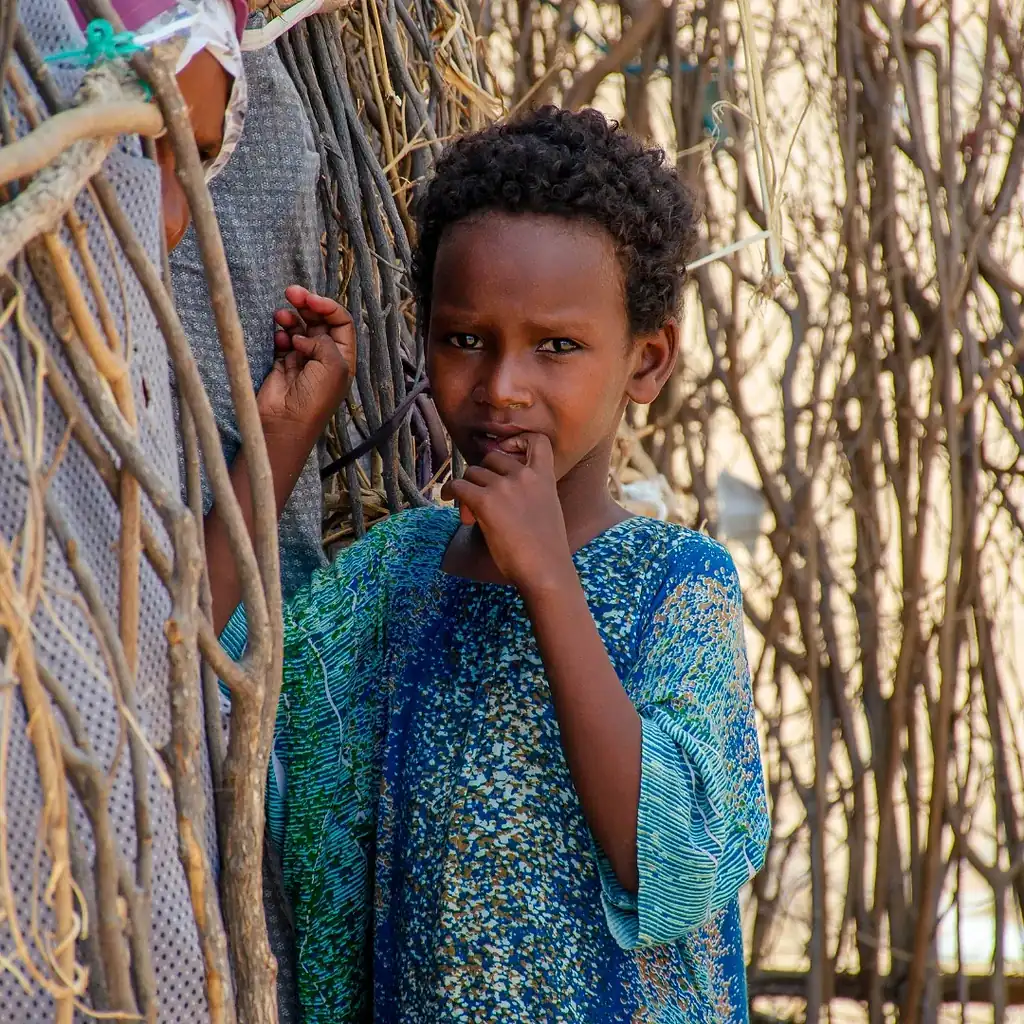
Frequently Asked Questions
The Nisab is the minimum amount of wealth a Muslim must possess before they become liable to pay Zakat. This amount is often referred to as the Nisab threshold.
Gold and silver are the two values used to calculate the Nisab threshold.
- The poor
- The needy
- Those in debt
- In the cause of Allah
- Those who have been enslaved
- Those whose hearts have been reconciled
- Administrators of Zakat
- Travellers (including Refugees)
Zakat must be paid by and received by Muslims. Unlike Sadaqah, non-Muslims cannot receive Zakat donations, and neither do those who are wealthy and thus do not need Zakat.
Each year you owe Zakat, calculate 2.5% of your total wealth at the end of that year and pay it as Zakat. If you are uncertain about the exact amount of your wealth, you should estimate it as accurately as possible. For instance, if you have missed paying Zakat for the past five years, you must determine your wealth at the end of each Ramadan for those five years and pay 2.5% of that amount.
Mission Relief distributes your Zakat donation in the most effective way possible to relieve the suffering of the world’s most vulnerable people.
We spend the funds on the first category of Zakat – The poor and needy and then distribute to the remaining categories once the need has been established.
Mission Relief abide by the Zakat policy defined by the Islamic Council Of Europe which states;
7.2 Providing money to the beneficiary is the default rule due to the ability of the recipient to spend as personal needs dictate. This is also in line with preserving the dignity and reputation of the individual.
7.3 Non-monetary items such as food parcel, agricultural tools or even livelihood projects such as sewing machines etc, are permissible exceptions as
per the needs of the individual or local circumstances in the country. This would be applicable in the case of the organisation genuinely; a) find it
difficult to provide cash, and/or b) they feel the beneficiary would be negatively impacted handling money due to the context of the situation. The following circumstances may permit in-kind donations;
- If local products are expensive (e.g., >20% fluctuation)
- Hyperinflation
- Lack of access to bank accounts
- Fear of life in emergency situations (e.g., threat to life to leave home)
- Lack of available essential goods (e.g., certain foodstuffs, medicines etc)
- Logistical difficulty of distributing cash (e.g., high risk of theft, inability to discharge cash separately to beneficiaries i.e., when congregated)
- Genuine fear that certain people or groups will misuse the monies.
No, you must pay with the intention of paying it. Therefore, it is important that you make an intention to give a donation as a Zakat payment as actions are by intention.




